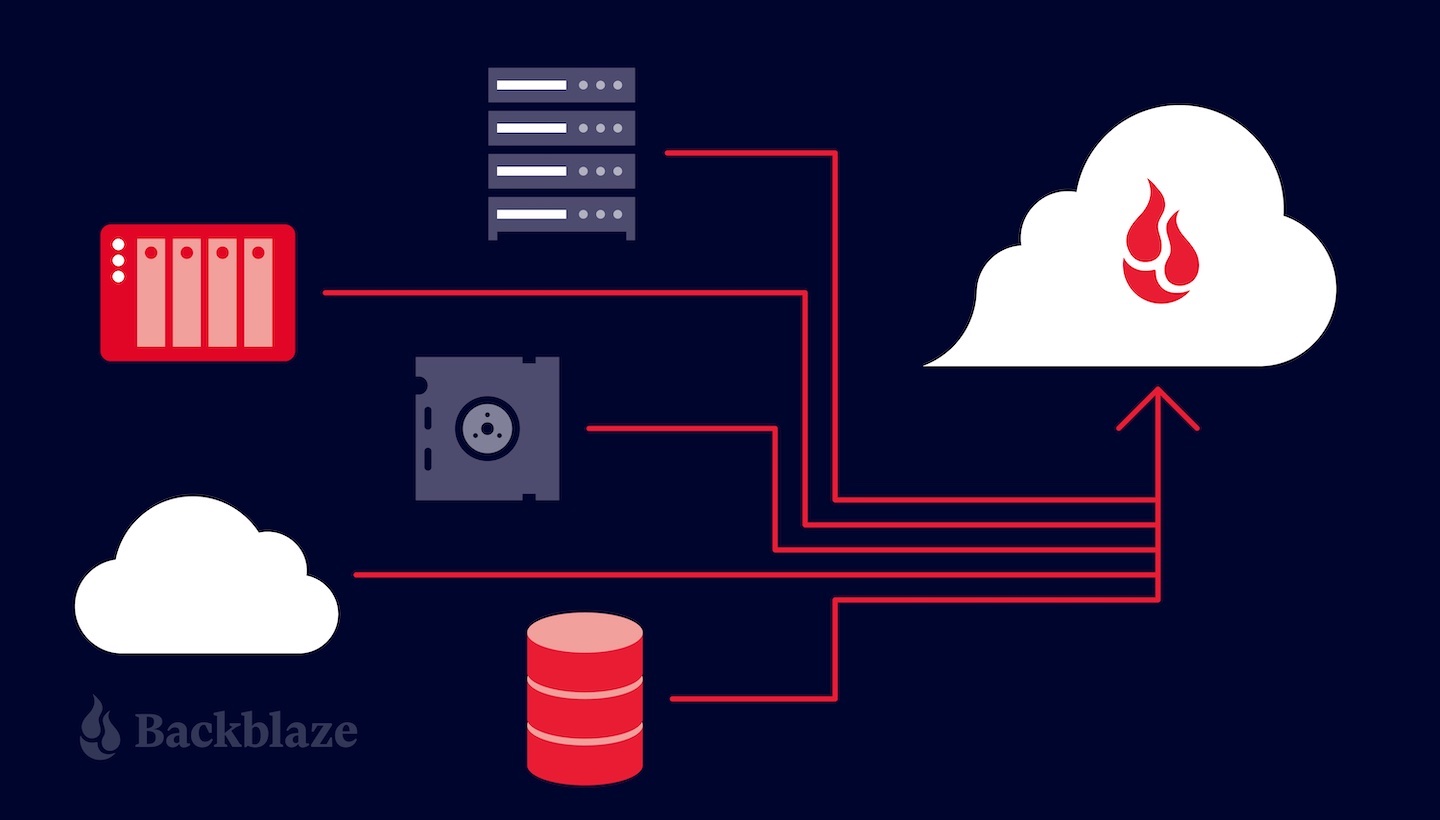Secure Your Data: Ideal Practices for Implementing Universal Cloud Storage Space Services
In the era of electronic change, the adoption of cloud storage services has actually become a standard method for services worldwide. The benefit of global cloud storage space comes with the responsibility of securing delicate information versus prospective cyber hazards. Applying durable safety steps is vital to ensure the privacy, integrity, and availability of your organization's info. By exploring essential methods such as information file encryption, accessibility control, back-ups, multi-factor verification, and continuous tracking, you can establish a solid defense versus unauthorized gain access to and data breaches. However exactly how can these finest practices be efficiently integrated right into your cloud storage infrastructure to strengthen your information defense structure?
Information Security Procedures
To boost the protection of data stored in global cloud storage space services, robust data encryption procedures must be executed. Data file encryption is an essential element in guarding delicate information from unauthorized gain access to or breaches. By converting information into a coded format that can only be decoded with the correct decryption trick, file encryption ensures that even if data is obstructed, it remains unintelligible and safeguarded.
Implementing solid security algorithms, such as Advanced File Encryption Standard (AES) with an adequate essential length, includes a layer of protection versus potential cyber risks. Furthermore, utilizing safe essential administration techniques, consisting of routine essential rotation and safe essential storage, is vital to keeping the integrity of the file encryption process.
Additionally, companies must take into consideration end-to-end file encryption options that secure information both en route and at remainder within the cloud storage setting. This thorough technique helps alleviate dangers connected with data direct exposure throughout transmission or while being kept on servers. Generally, focusing on data file encryption procedures is vital in fortifying the protection stance of global cloud storage services.
Accessibility Control Policies

Access control plans need to be based upon the principle of the very least opportunity, granting customers the minimal level of gain access to called for to perform their job operates efficiently. This aids minimize the danger of unapproved access and prospective data breaches. Furthermore, multifactor verification needs to be utilized to include an extra layer of protection, requiring individuals to supply several kinds of confirmation before accessing sensitive data.

Normal Data Backups
Implementing a robust system for regular information back-ups is crucial for making certain the durability and recoverability of information saved in global cloud storage space services. Routine back-ups work as a critical safeguard versus data loss as a result of unexpected deletion, corruption, cyber-attacks, or system failures. By developing a regular back-up schedule, organizations can lessen the danger of devastating data loss view it now and keep business continuity despite unpredicted occasions.
To efficiently implement regular information backups, organizations must follow best practices such as automating backup procedures to make certain consistency and integrity - linkdaddy universal cloud storage press release. It is vital to confirm the integrity of back-ups regularly to assure that information can be effectively recovered when needed. Additionally, keeping back-ups in geographically varied places or utilizing cloud duplication solutions can additionally enhance information durability and mitigate threats related to local incidents
Inevitably, an aggressive technique to regular data back-ups not only safeguards versus data anchor loss yet also imparts self-confidence in the integrity and availability of essential info stored in universal cloud storage solutions.
Multi-Factor Verification
Enhancing safety steps in cloud storage space services, multi-factor verification gives an additional layer of defense versus unauthorized access. This technique needs individuals to give 2 or even more forms of confirmation prior to gaining entrance, significantly decreasing the danger of information breaches. By combining something the individual understands (like a password), with something they have (such as a smart phone for obtaining a confirmation code), or something they are (like biometric data), multi-factor verification boosts safety past simply making use of passwords.
This dramatically decreases the likelihood of unauthorized access and enhances total data defense procedures. As cyber hazards proceed to progress, incorporating multi-factor verification is a crucial practice for organizations looking to secure their data efficiently in the cloud.
Continuous Protection Monitoring
In the world of guarding sensitive information in universal cloud storage services, an essential component that enhances multi-factor authentication is continuous security monitoring. Continuous protection tracking involves the recurring monitoring and evaluation of a system's safety actions to discover and reply to any kind of potential dangers or vulnerabilities quickly. By implementing continual safety tracking procedures, organizations can click over here now proactively recognize dubious activities, unauthorized accessibility attempts, or uncommon patterns that may indicate a protection violation. This real-time monitoring makes it possible for swift action to be taken to alleviate threats and secure valuable data saved in the cloud. Automated informs and alerts can signal security teams to any kind of anomalies, permitting instant investigation and remediation. In addition, continuous safety and security monitoring aids make sure conformity with governing requirements by providing an in-depth document of protection events and actions taken. By integrating this practice into their cloud storage space strategies, services can enhance their total security stance and fortify their defenses against progressing cyber risks.
Conclusion
